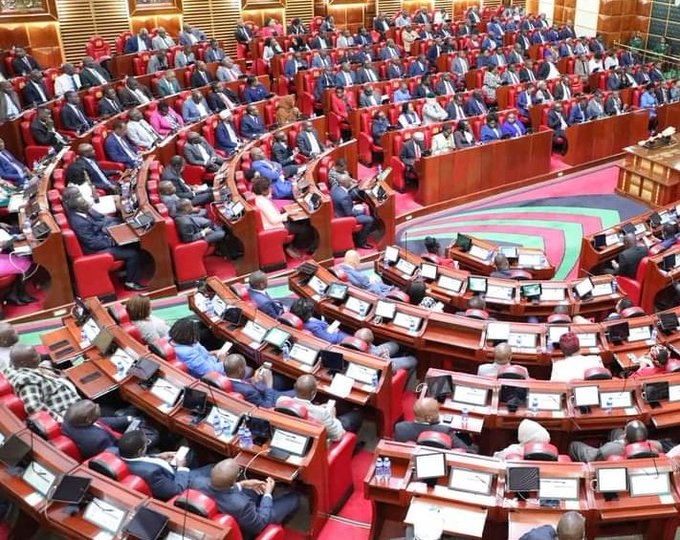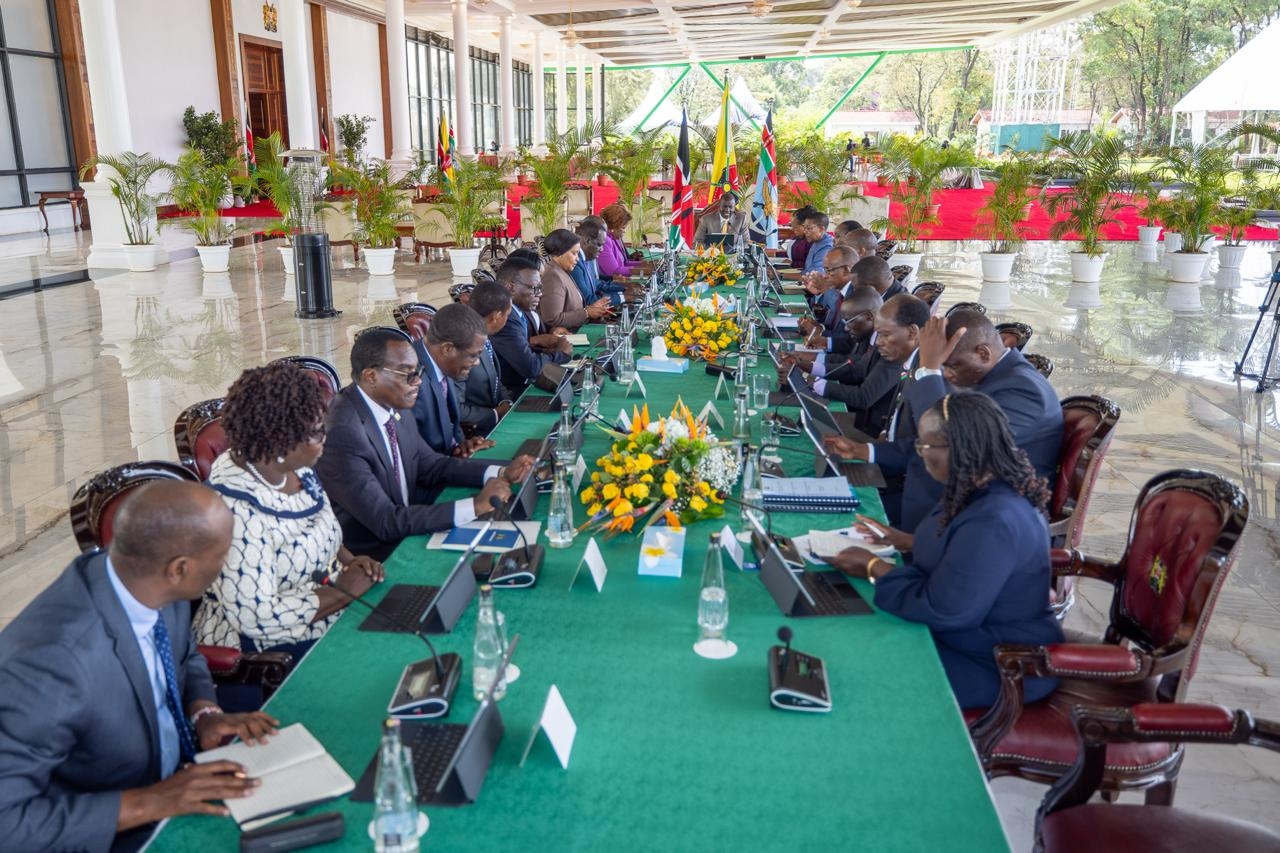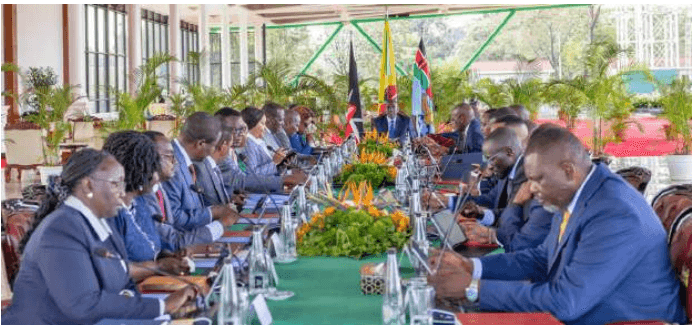Officials have called for a multi-sectoral approach in the fight against the triple threat of new HIV infections, early pregnancies, Sexual and Gender-Based Violence among young people in Kajiado.
County gender deputy director Mary Taiko said adolescents and young people were at a higher risk of contracting HIV, early pregnancies as well as being victims of GBV.
Taiko said lack of sexual reproductive health education among adolescents was a key driver of the triple threat.
She asked stakeholders to put concerted efforts to end the vice.
“Triple threat is still a big challenge as there is a rise in new HIV infections among adolescents. A high number of girls are also dropping out of school because of teenage pregnancies,” she said.
Taiko said sexual and reproductive health education, community dialogue and outreaches should be enhanced as preventive measures.
Kajiado county gender officer Catherine Mutinda said there is need for collaborative efforts among all the stakeholders and the community in ending the triple threat.
She emphasised the need for increased awareness campaigns in the community to sensitise residents and empower them to make informed choices.
Kajiado Gender Violence Recovery Centre programmes officer Dilex Jepchirchir said collaborative efforts with National HIV programme and integration of gender responsive actions was needed.
This would create safer and healthier communities where HIV infections, teenage pregnancies and incidences of GBV are significantly reduced.
She added that GVRC provides free medical treatment and psychosocial support to survivors of gender-based violence.
According to statistics from the Ministry of Health and the National Aids Control Council 2023, the rate of HIV infections among adolescents is on the rise.
Those aged between 10-19 account for 61 per cent of new HIV infections and 53 per cent of sexual gender-based violence cases.
















